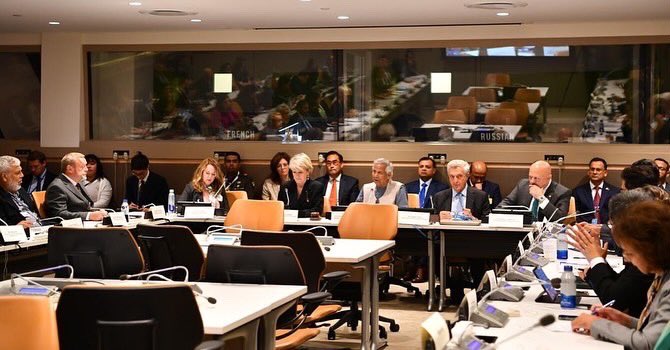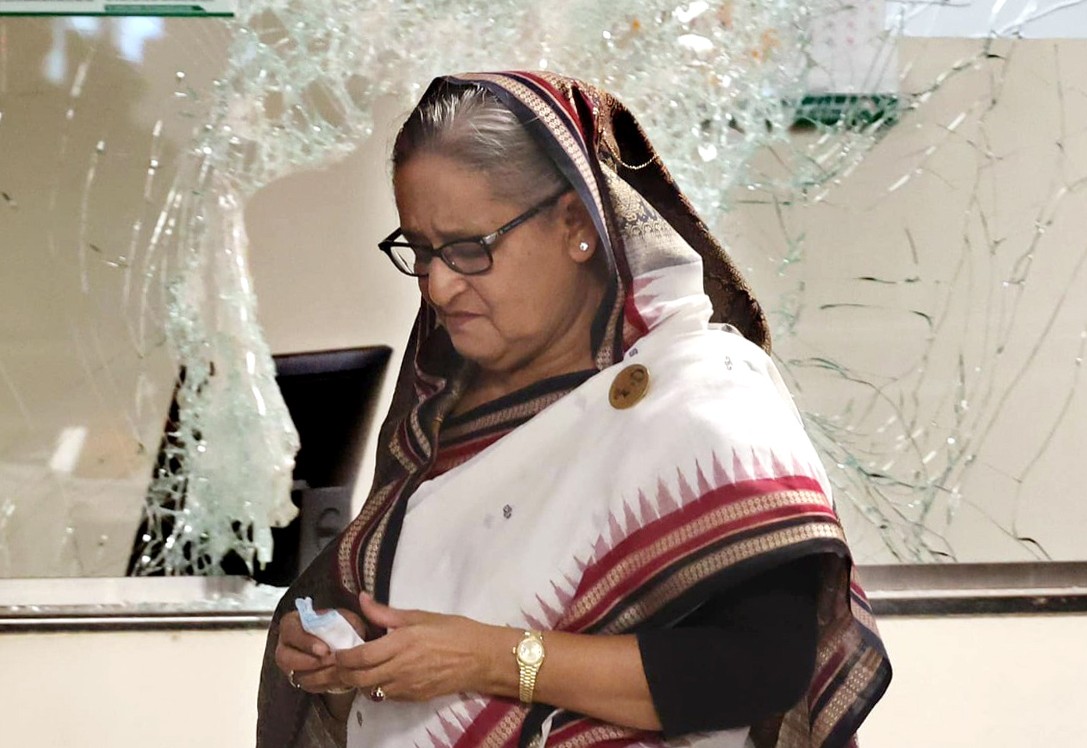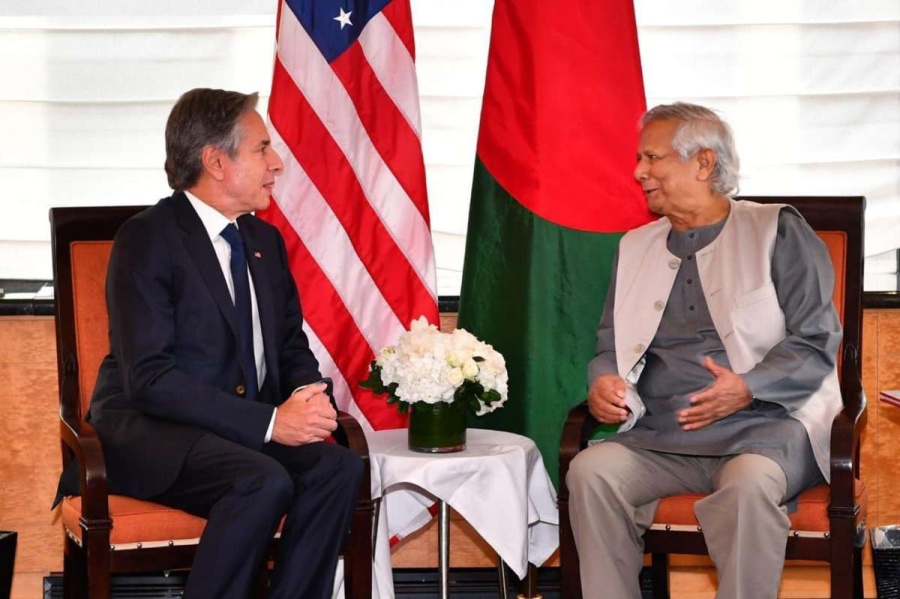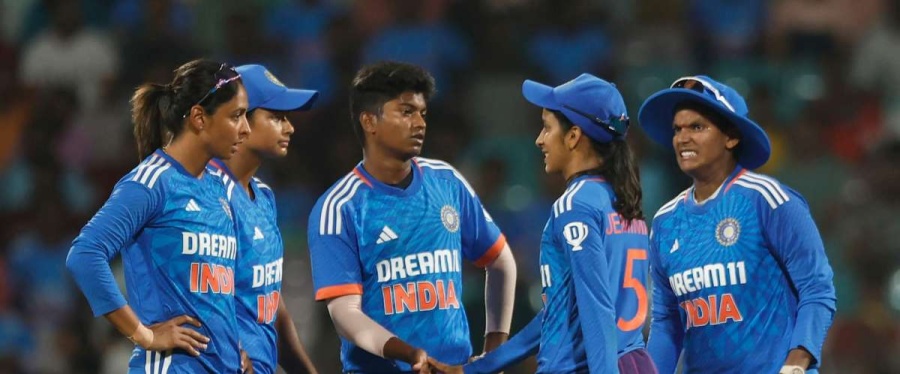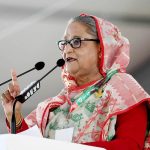Yunus pointed out that while Bangladesh has shown empathy in hosting the Rohingyas, the costs associated with this situation–social, economic, and environmental–are considerable….reports Asian Lite News
The Chief Advisor of the interim government in Bangladesh, Muhammad Yunus, stressed on the urgent need for the repatriation of Rohingyas during a high-level meeting at an event on the sidelines of the 79th United Nations General Assembly in New York on Tuesday.
During the high-level UN event in New York, on the Rohingya crisis, Yunus highlighted the significant challenges that Bangladesh has been facing due to the presence of over 1.2 million displaced Rohingyas from Myanmar.
Yunus pointed out that while Bangladesh has shown empathy in hosting the Rohingyas, the costs associated with this situation–social, economic, and environmental–are considerable. He emphasised that Bangladesh has reached its limits, adding that repatriation remains the only sustainable solution to the ongoing crisis.
“Despite hosting the Rohingyas with great empathy, a densely populated Bangladesh has been incurring so much in terms of social-economic-environmental costs. These culminate in a series of traditional and non-traditional security risks for us. Much of our own development gains are at stake. Clearly, Bangladesh has reached its limits. Therefore, as much as Bangladesh engages in humanitarian aspects or ensuring justice, repatriation of the Rohingyas remains the only sustainable solution to the protracted crisis,” Yunus said.
He noted that several international resolutions have called for conditions conducive to the safe return of the Rohingyas. However, since the crisis began seven years ago, no Rohingya has been able to return to Myanmar, which has created uncertainty for the displaced community and their hosts, while humanitarian support continues to decline.
“Several UN General Assembly, Human Rights Council and even Security Council Resolutions on Myanmar have asked for creating a conducive environment for the dignified, safe and sustainable return of the Rohingyas. Regrettably, with the root causes of the crisis in Myanmar not addressed in the last seven years, not a single Rohingya could return to their homeland,” Yunus said.
“The overall scenario leaves the forcibly displaced Rohingyas, their hosts and the global partners with lingering uncertainties while the focus and humanitarian support for the Rohingyas dwindle. The presence of a sizable young population in the camps potentially creates another layer of complexity to the crisis,” he added.
The chief advisor also expressed concern over the deteriorating security situation in the region, which includes sporadic fighting and criminal activities.
He emphasised the need for an inclusive society in Myanmar where all ethnic groups can coexist peacefully and called on international and regional actors to work together to address the root causes of the crisis and support the UN Special Envoy in coordinating political efforts.
“We are concerned over the deteriorating security situation and instability in the bordering region, including sporadic group fighting and criminal activities. Our law enforcement agencies and people, together with the international community, have so far been able to maintain peace and stability in the camps. So this crisis in Rakhine State merits careful revisit,” Yunus said.
“Creating an inclusive society in Myanmar is key where all ethnic communities can live in peace and harmony. All international, regional, and national actors, including UN Security Council, ASEAN and other friends of Myanmar, need to acknowledge and incorporate it in their approach. We would ask the UN Special Envoy to play a central role, particularly in coordinating the political efforts,” he added.
Following this, Yunus also presented three key proposals to address the situation, where he called for an all-stakeholders conference on the Rohingya crisis to review the situation and suggest innovative solutions.
He also stated that the Joint Response Plan, managed by the UN and Bangladesh, to enliven in order to address the sliding funding situation for humanitarian aid.
The chief advisor called for support, justice, and accountability mechanisms for “genocidal crimes” committed against the Rohingya community.
Yunus concluded by reaffirming Bangladesh’s commitment to collaborating with all stakeholders to uphold the rights and dignity of the Rohingya people, emphasising the importance of a political resolution to the crisis. (ANI)
ALSO READ: Rights activist raises concerns about atrocities in Balochistan


